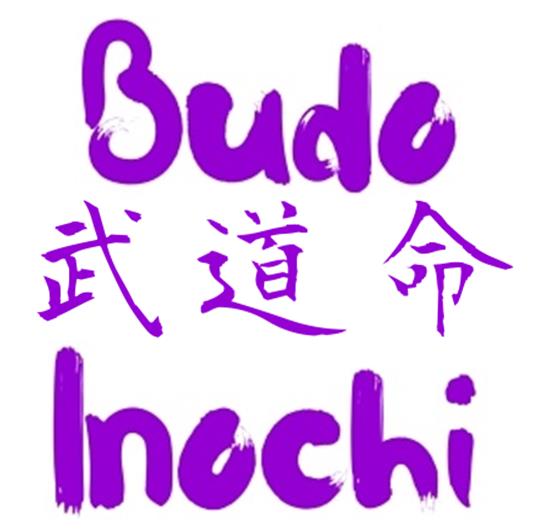10 dangers that martial arts training can protect you from
Many practitioners don’t typically get into situations where they need to use their martial arts against real-life violence. However, our training can still be extremely protective in our lives. Here are ten serious dangers that your training may safeguard you from . . .










